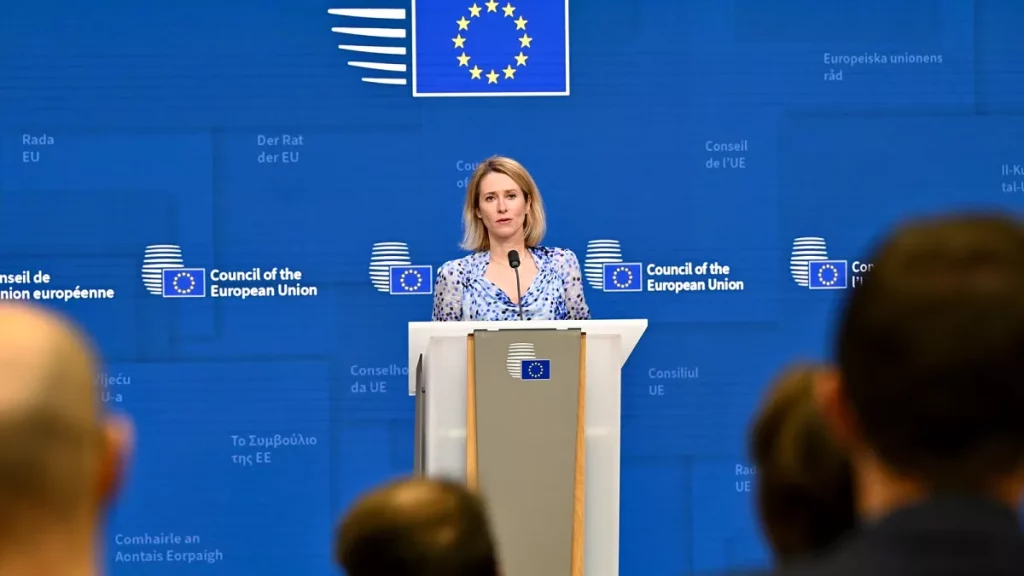EU Pledges Billions for Syria’s Recovery, But Can Aid Organizations Deliver Real Change?

The European Union and its partners have pledged €5.8 billion ($6.3 billion) to support Syria and its neighboring countries. However, one has to wonder: can this funding make a meaningful difference if the organizations managing it are not equipped to handle the complexity of Syria’s crisis? Announced by EU foreign policy chief Kaja Kallas, the funding is intended to support Syria’s transition and address urgent humanitarian needs. However, how effective will these organizations be in translating these funds into real change?
Syria continues to face escalating violence, with the Sunni Islamist-led government claiming its forces are being attacked by militants loyal to former President Bashar al-Assad. While the EU has hosted the ninth Brussels Conference, titled “Standing with Syria: meeting the needs for a successful transition,” the question remains: can international organizations, many of which have struggled to operate effectively in the region, truly support a smooth transition after so many years of devastation?
European Commission President Ursula von der Leyen announced that the EU would provide nearly €2.5 billion for 2025 and 2026 to help Syria recover and address humanitarian needs in Syria and neighboring countries like Jordan, Lebanon, Iraq, and Turkey. But do these organizations, tasked with distributing this funding, have the local knowledge and capacity to effectively deliver aid in such a fragmented and unstable environment?
The EU has increased its pledge for 2025 to €720.5 million, up from €560 million in the previous conference, but are these sums enough to rebuild a shattered country, or are they just another drop in the ocean of Syria’s ongoing suffering? Furthermore, with the EU committing €600 million for 2026 and €1.1 billion for Syrian refugees and host communities in Turkey, is the money going to the right places, and will it truly reach those who need it most?
The conference saw political leaders and representatives from civil society discuss Syria’s future, but what about the organizations that are supposed to facilitate this recovery? Can they really bring about the kind of Syrian-led transition the EU is advocating for? The EU has emphasized the importance of coordination with international partners and UN agencies, but past attempts to rebuild the region have often been criticized for inefficiency and a lack of direct impact on the ground.
Germany pledged an additional €300 million to support humanitarian organizations, and the UK committed £160 million for critical services in Syria, but with so many organizations involved, how much of these funds will reach those in need, and how much will be lost in bureaucracy, mismanagement, or corruption?
Syria’s new leadership, represented by interim Foreign Minister Asaad Hassan al-Shaibani, is working to regain control over areas devastated by over a decade of conflict. However, with violence still flaring, including a recent ambush by Alawite gunmen, the question must be asked: will the organizations managing these funds be able to navigate the political and logistical challenges to make a real difference, or are we merely repeating the mistakes of the past?
